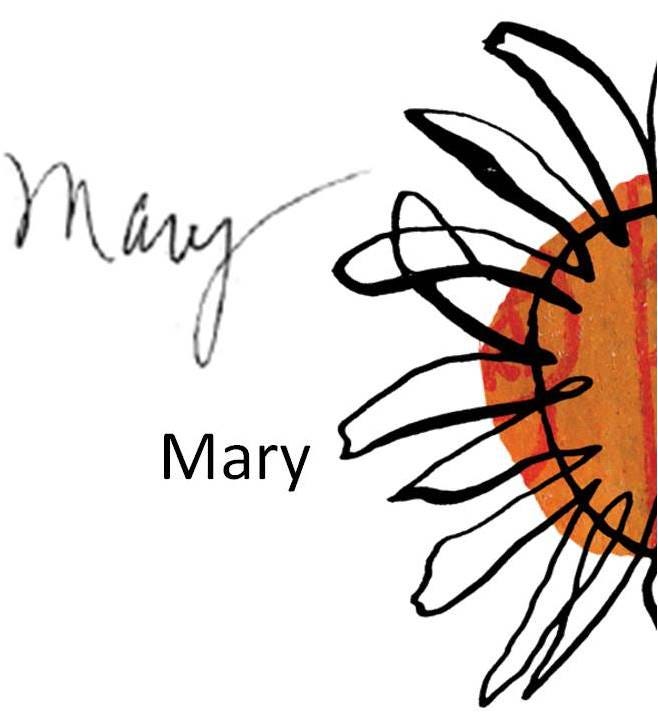Terry Freedman publishes the Eclecticism newsletter on Substack, where he writes about literature, writing and life in general.
My Writing Process
Thinking about my writing process has been quite an eye-opener, for a couple of reasons. Firstly, having never given it much thought before, I rapidly came to the conclusion that I don’t have a writing process, but several. The approach I use depends on the nature of the article I’m writing.
Secondly, upon reflection I realised that I do have an overarching writing process, although I’m not entirely sure that it counts as a process. It doesn’t even involve writing – at least, not in the usual sense of the term.
I’ll cover the second one first, and the first one second!
The process that is common to all of my writing endeavours is that I spend a huge amount of time thinking about the piece in question and drafting it mentally. This struck me at first as paradoxical, because I have something of a reputation for being able to produce work extremely quickly. One editor (of a newspaper supplement) even told me that he was always astonished by the fact that he could ask me on Monday to write a 2000 word opinion piece on some aspect of teaching, including interviews with at least four teachers, and get it to him by the Wednesday of the same week. That doesn’t sound like it would leave a lot of time for thinking or drafting, but it’s all a matter of proportion.
I think of this as analogous to the way good decorators work. They will spend a great deal of time scoping out what needs to be done, then getting the requisite tools ready and arranging them efficiently. They will make sure the surface to be painted or wallpapered is ready, such as by washing it or filling in some holes. This preparation process might take, say, two or three hours, for a job that will in itself take just an hour. But without that preparation, the painting or papering would probably take longer overall, because of having to go over the same ground several times, and not be as good a job at the end of it.
In order to do my preparation, I need three things. A time and place where I remain undisturbed, a seed thought, and a set of questions.
A great way I’ve found of not being disturbed is to go supermarket shopping. I can’t be ‘got at’ on my phone, and I can’t disturb myself by checking email. (I know there are programs that turn off all distractions, but I just end up turning them off.) Moreover, as long as the supermarket staff haven’t moved everything around since my last shop (an occurrence I find extremely frustrating – see A Moving Experience) I can do the shopping on automatic pilot. In other words, the conditions are ideal for working on an article without even putting pen to paper.
(There is a downside to “writing” in this manner. I once walked right past my wife in the street because I was “writing at the time.” That didn’t go down too well, but we both found it very funny. Thank goodness.)
As for the seed thought, I find that I need a title, or a phrase, before I can put pen to paper so to speak. It might be the opening phrase, or it might be the closing phrase. It might even be something I came up with a long time ago and written down so as not to forget it. A good example of this is the last sentence of My Life In Cafés. I originally drafted it three years before I found a home for it.
Occasionally, the seed might not be a thought, but a structure. For example, in my article entitled Bravery, I knew what I wanted the last sentence to be, and that for it to make the impact it deserved I would have to allude to it in an almost offhand way earlier in the piece. That impact was important also because it would explain the title. Interestingly, too, the description of my father in that article was something I wrote very quickly in a creative writing class in 2018, and hadn’t polished it up or used until now.
I think what these “seeds” as I call them tell us is no writing is useless, even that which you have “bashed out” and which you know you will never show anyone let alone publish. First drafts, however short, however, scrappy, are never wasted.
The questions I need depend to a large extent on the nature of the article I’m writing. For example, if I am reviewing a non-fiction book I will ask questions like:
What should I expect to find in this book?
What do I expect or hope to learn?
Who is the target readership?
Does the book look like being useful to that readership?
What are the author’s credentials for writing the book?
Are there hidden biases in the book?
My overriding question will be: Is this book something I can recommend people spend their time and money on?
If I’m writing an article about a new technology, my questions will probably be more in the nature of:
Is this technology any good?
Even if it is, is it worth bothering with?
Is it something that is going to make a difference to a particular group of people, like teachers or writers, or another instance of the emperor’s new clothes?
While these are my generic practices, I approach different kinds of writing in different ways. For example, if I see an interesting sign or have a bizarre conversation, that “seed” will often find its way into an article very quickly and with very little preparation. For a book review, though, I will read the book at least once, and write nothing at all for a long time apart from, perhaps, the occasional note or page reference.
Whether or not these ruminations will prove useful to other writers or would-be writers I cannot say – I hope they will. However, I do think it important for each writer to try different approaches and find out what works best for them. I don’t know if my approaches are the best, however “best” is defined, but I do know one thing. To quote from an 80s cop series called Hunter, they work for me!
Terry Freedman has been a freelance writer since 1990, especially in the fields of education, education technology and writing.
Wasn’t this grand, including Terry’s links to his super essays! So, sure you should read more from him: Subscribe to Eclecticism and to me. Maybe you ‘d like to do a guest post. Let’s talk. Write me at marytabor@substack.com 💕.
Get ready for Stones for Ibarra, setting and grief —and starting over, late, or again in Write it! How to get started — Coming soon: I want to give more time for folks to get the novel, used. So something else may come before that lesson.
Come join me to exchange ideas and learn from each other.
Love,








Thanks so much for sharing your process! As someone who jots tons of notes with the hopes of finding them a home, I love the idea that nothing is useless or wasted :-)
Such a fascinating post - thanks Terry and Mary!
I've learned absolutely loads - it's always interesting to read about the writing process of others, and this was no exception.
That 'last sentence' technique is something that I like a lot - often I don't know where my writing's going until I've got to the end, so my technique is then to nip back to the top of the page and sow a seed for the ending, after the fact.
Do you make notes while you're thinking, Terry? I've got the supermarket in mind, here - if you're busy filling your trolley with tangerines aren't you worried that you might not be capturing your thoughts as you go along?
I'm saving this post to read again - there are some absolute gems of writing tools in there! Thank you so much!